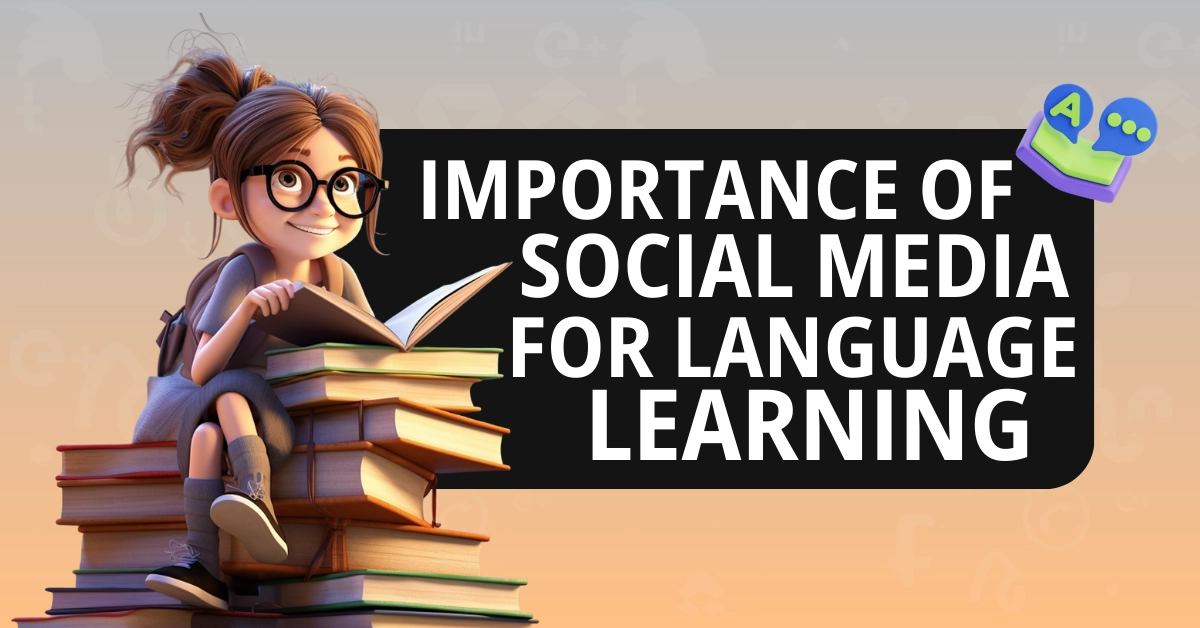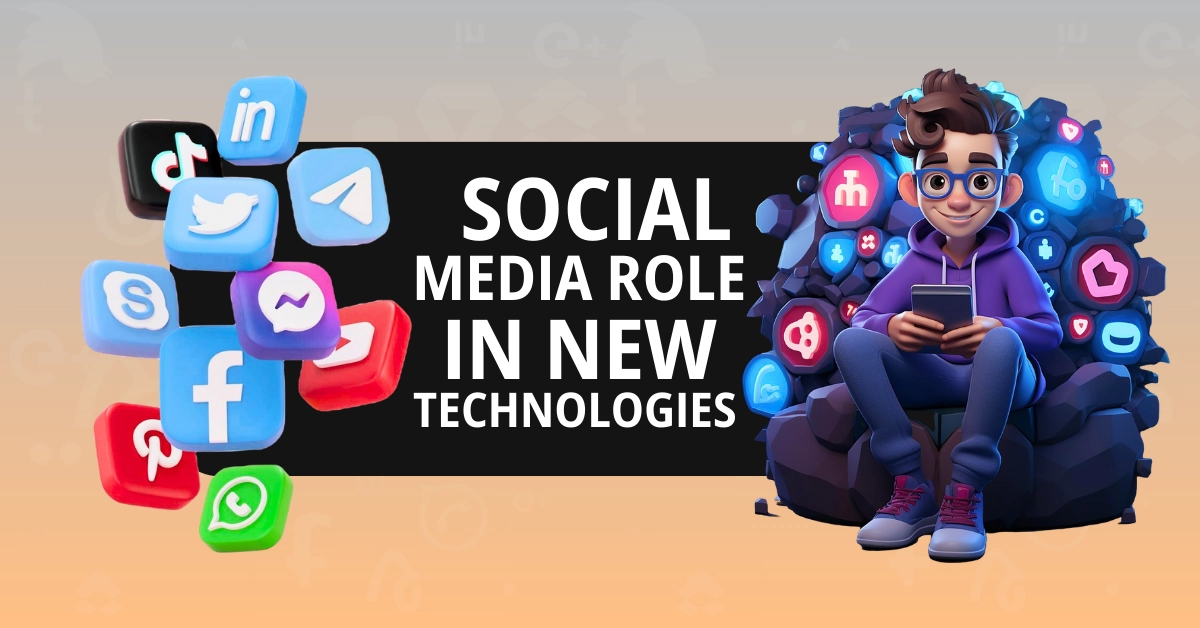Digital technology has transformed independent language study. Presently, there are many online tools and environments with high instructional value.
Particularly social media, information technology has lately changed everyday life for everyone in general and the academic community. This is due to their numerous formats that allow people to interact in a variety of ways, including blogs, social networks, microblogs, wikis, video podcasts, and photo sharing apps.
YouTube, Facebook, Instagram, X (Twitter), WhatsApp, and Snapchat apps have significantly increased social engagement and sharing in both student and faculty communities.
Driving Force for Social Interaction
Because it encourages individual learning, involvement and cooperation as well as easy adaptation to several learning environments, students are driven to utilize educational technology.
Recent research indicates that language acquisition is naturally social and participatory; so, this approach improves learning. Social media brings dynamic satisfaction to language learning. And when something doesn’t seem like a time-consuming task, we tend to put in a little more effort, even though we seem to put in less effort.
You can interact with other people, both native speakers and other students who are learning the same language as you. Also, consider the fact that you can accomplish this task entirely from home! For example, while today it is very easy to find a Portuguese tutor or any other language teacher in just a couple of clicks on online platforms, pay for everything there and start practicing.
Electronic devices and social media enable learners to engage in collaborative learning and give them the opportunity to share resources with their peers.
Benefits of Social Media in Language Learning
The use of social media and mobile devices has its advantages and disadvantages, with the advantages mainly being the ease of access to learning materials, videos, and the transmission of lesson plans, among others. In general, students believe that social media and mobile devices are the most accessible and inexpensive means of learning relevant topics.
Studies conducted in Western countries have shown that the use of online social networks for collaborative learning has a significant impact on students’ academic performance and satisfaction. Students can improve their language abilities due to the variety of opportunities provided by social media. In addition, social networking sites allow learners to engage in ongoing, relevant dialog on these social networking sites, which, according to researchers, improves language production and reduces anxiety.
Due to their multimodal, multilingual, and multi-purpose nature, today’s online resources and venues provide students with an almost overwhelming array of options. In order to utilize online resources that best suit their needs in this situation, whether in terms of level or skills, autonomous language learners need to acquire a number of new abilities:
- digital competence;
- understanding of how to learn;
- motivation;
- responsibility;
- perseverance.
These are all among the skills that are undoubtedly important. However, transforming these online materials into a practical and useful language learning environment is a challenge, especially when learners are completely independent (as in the case of language learning through free access websites or OER).
The independent learner has to be digital literate and create plans for using social media to increase their autonomy in order to meet this challenge.
Approaches for Social Media-Based Foreign Language Learning
The offline learner may use the following ideas and techniques along their language acquisition path:
1. Facebook
This is a great medium for socializing and interacting with language learners if you’re in the mood to meet them. There are also multilingual groups for language learners. You can find several groups to choose from in almost any language if you use Facebook’s search bar to find language learning groups.
The goal is to socialize yourself for learning. It doesn’t matter where you hang your hat, as long as you meet your new acquaintances.
2. YouTube
YouTube is a real social media treasure for those learning languages. To maximize what is on offer, use hashtags connected to the language you want to study.
If you are studying German, for instance, these channels could be helpful. Looking for recommendations on where to get videos in French? You are also protected here. Don’t worry!
3. X (Twitter)
Reading Twitter tweets in another language can be interesting and useful for learning. There is no need to think too much, and the appeal of a relaxed exchange of information is present.
The Duolingo language learning app and program also have a Twitter account. They share fun facts and trivia about numerous languages.
Smartphone as a Language Learning Assistant
Most of us operate our phones quite intuitively, and we can quickly choose between several alternatives.
On your device, switch the language to the one you want to study. Just under Settings > General > Language and region > Device language, choose [Your target language].
If you have a basic knowledge of how your phone works, you can still operate it in another language even if it may be a little more difficult.
Turn that passive knowledge into an active learning opportunity.
For example, it might say: Configuration > General > Language and region > Device Language > [Your preferred language].
Simply put, you can use social media and our everyday technology to learn a language without changing your environment.
Conclusion
Finally, don’t be timid. Participate in discussions by joining these channels. It’s not always easy, but keep in mind that you’ll likely never meet these people in person, and even if you do, they’re probably too busy with their impression of them to worry about you making a mistake!
Don’t be afraid to make mistakes or ask questions. Everyone learns together, and the person who is correcting your mistake once made a mistake identical to the one you are correcting now.
Remember this and just enjoy the interpersonal benefits of language exchange!









